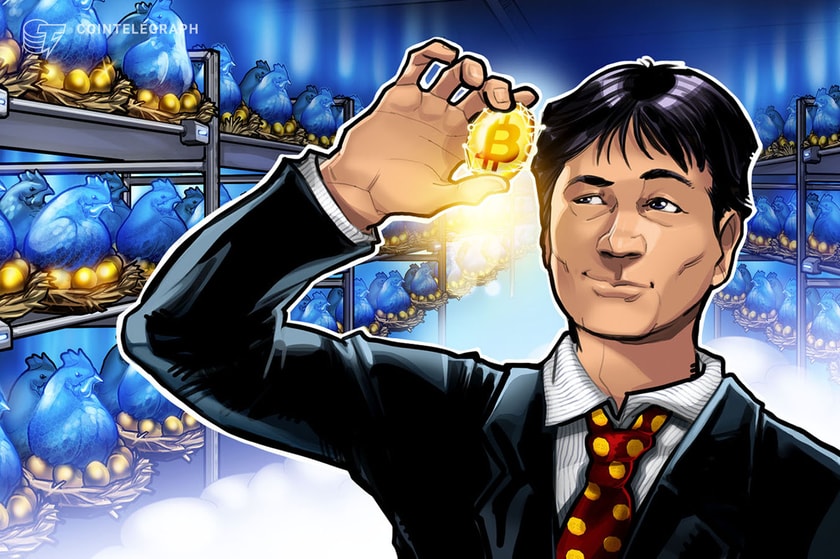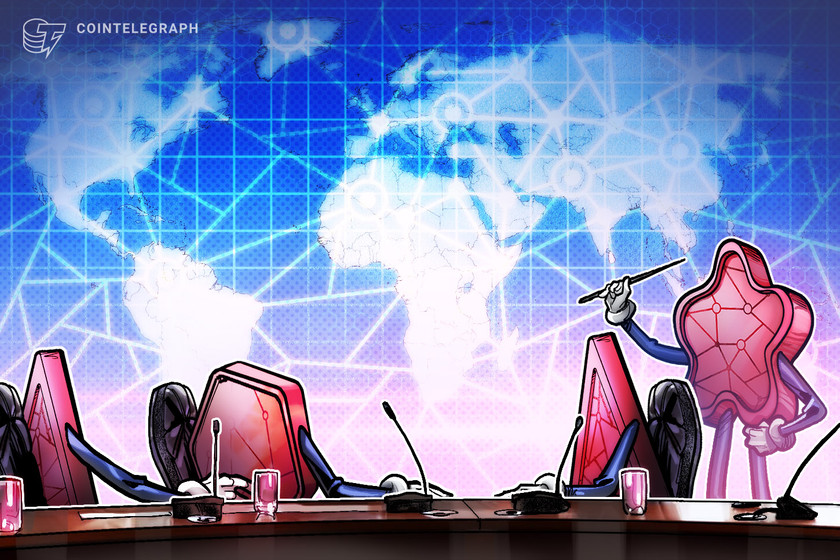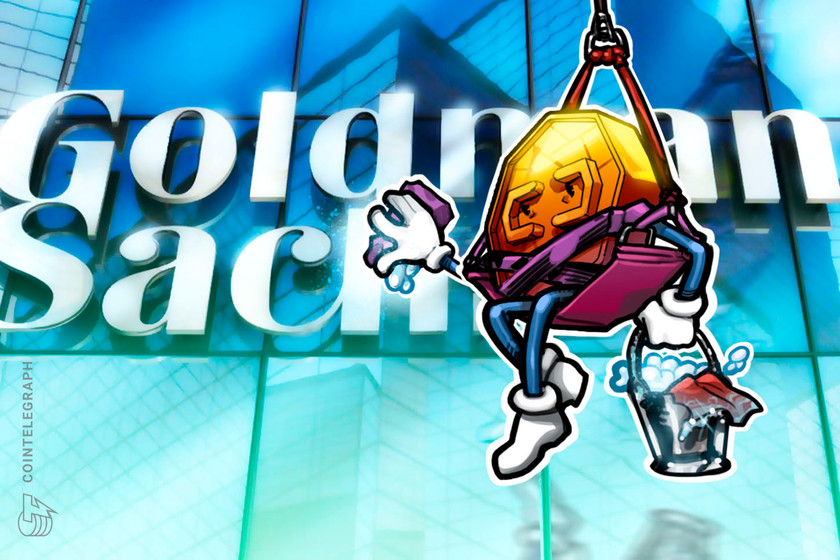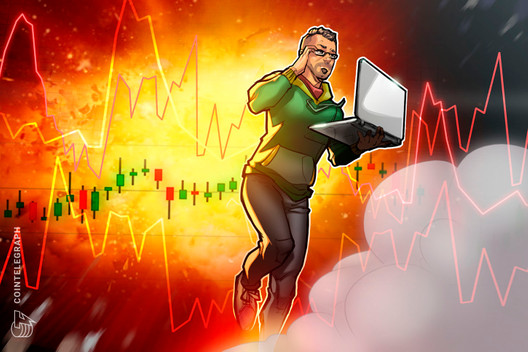A recap of last week’s ‘DeFi Marathon’ hosted by CT China
Cointelegraph China’s DeFi Marathon invited global DeFi projects, venture capitalists, and influential individuals to join a three-day online decentralized finance themed event, from Sep. 2 to Sep 4.
Participants included Ontology, Darwinia network, Miniswap, and Dexe.network blockchain projects along with DeFi projects such as ForTube, Bitfrost, Gollf, Akropoliks, and Nest protocol. CT China hosted 10 round tables and had in-depth discussions with a variety of guests about the DeFi ecosystem.
The global online broadcast brought together speakers to discuss DeFi collateral, high gas transaction fees, DeFi insurance and how to hedge the risks in the market, the role of stable coin, price oracles, and how venture capitals are investing in the space.
One major theme was risks and opportunities in the space. Xiangmin Lee, Cointelegraph China co-founder and the founder of Chain Capital pointed out that DeFi has brought immediate investment opportunities, but the risk is that there is not enough time for accredited investors to even do due diligence on DeFi projects or audit their codes.
Founder of Akropolis Andrianova said he believed that DeFi offers the opportunity to attract large amounts of capital, however Ding Yunpeng, founder and CEO of DeFi project Golff believes the funds invested in DeFi are still relatively small at present, especially when it comes to institutional investors. He stated that:
“In the short term, DeFi will have a partial impact on traditional financial markets, but its influence is very limited […] Although some traditional institutions have money in them, the proportion is still relatively small.”
He believes that with improved regulations, traditional funds will flow into the DeFi market.
In terms of the future of DeFi, speakers held different opinions. LiJun, Founder of Ontology and Erick Pinos, head of Ontology US, believe that a decentralized credit scoring system platform (like the one their project is working on) is what’s needed in this space, and David Truong, software engineer of Aave protocol agreed:
“In the early stage of the development of DeFi, although many depositors deposited assets in the loan agreement, they did not want to use them for loans. As a result, a large number of locked positions in the loan agreement were idle, and the efficiency of fund utilization was very low […] Credit authorization combines smart contract function with peer-to-peer trust can improve the efficiency of funds.”
Darwinia co-founder Alex Chien emphasized the importance of stablecoins to DeFi saying they play two very important roles as investors need a stable medium to store value and require them as a means of exchange. Lei Yu, co-founder of ForTube agreed that stable coins are essential for DeFi and that’s why he is planning to launch a stablecoin project based on Ethereum focused on the Asian market.
Paul Veradittakit, partner at Pantera Capital’s, provided advice on investing in DeFi projects as individuals: do your own research, get a variety of opinions but get some expert help too:
“Different people may bring more professional knowledge and other professional advice. When it comes to assessing code vulnerabilities, it’s best to have technicians in the team who will help them study some of the problems in the code and see what kind of risks will persist.”









